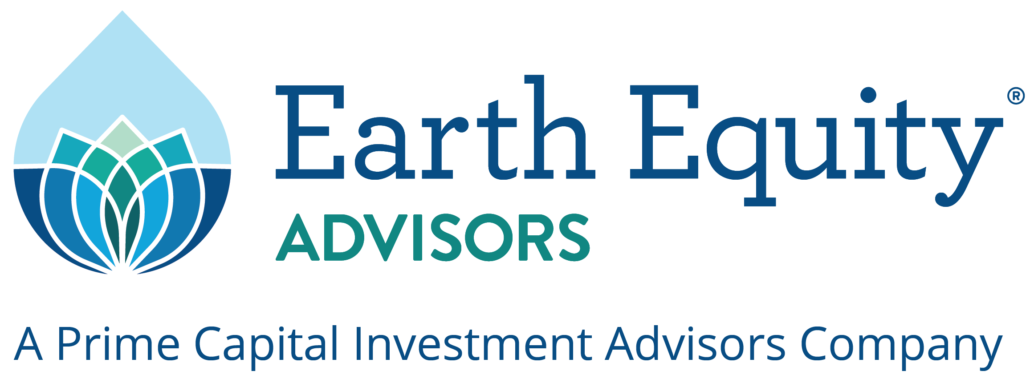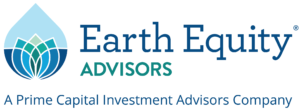Questions You Need To Ask Your Potential Financial Advisor
Finding a financial advisor can be fraught with uncertainty. You want to seem knowledgeable about your financial picture, but the whole point of finding an advisor is to take advantage of expertise you don’t have. The trick to finding a good advisor—one who will help guide you through choosing the best investment plans for you—is to ask the right questions up front.
Here are ten questions to help you on the road to building a solid relationship with an advisor you can trust and who will have your best interests at heart.
1. Are you a fiduciary? “Fiduciary responsibility” means the advisor is required to put the needs of the client first, above and beyond any benefit they might enjoy as a representative for a particular investment or fund. Even though an RIA is not legally appointed, they are held to the legal fiduciary standard, and as such, are required to spell out any potential conflicts of interest during your initial meetings.
2. What are your licenses, credentials, or certifications? This determines whether the advisor offers the services you desire. Do you just want investment planning help, or are you after a full retirement plan, including tax and estate planning? These answers can help you choose with whom to meet and work with in the long term.
3. How are you compensated, including soft dollars? Soft dollars, in the RIA world, are monies and/or services provided by the custodian which may not be related to product sales. If you are not dealing with a fiduciary, the recommendations can change to be of more benefit to the broker than the client. The fees need to be transparent, and compensation can vary greatly. Make sure you know what to expect, because the idea that advisors only make money when their clients make money isn’t always the case.
4. What types of clients do you specialize in? Sometimes advisors have a niche, and if that matches with your investment and planning needs, a stellar relationship can be born. The more aligned your advisor is with your values and interests, the stronger your plan can be to the benefit of everyone.
5. What is your investment approach? If you’re interested in frequent buying, selling, and trading, and the advisor with whom you’re meeting is more inclined for the slow and steady approach, chances are you aren’t a good fit. Aligning yourself with someone who matches your risk threshold provides a foundation for a plan you can trust, with no nasty surprises six or twelve months down the road. Find out your investment personality with our free Financial Identity Quiz.
6. How much contact do you have with your clients? If you’re interested in a more hands-on approach, and your advisor is expecting to meet with you once a year, you could end up feeling ignored. On the other hand, your advisor may take your more frequent phone calls as a sign you don’t trust him or her. Even if you don’t know yet how often you will need an update on your financial picture, getting guidance from your advisor at the right frequency helps you feel empowered for your future.
7. Will I be working with you or your team? Perhaps your advisor has a team whose strengths and personalities are a good match for you, or cover more specialties than one individual by themselves. This can be good for flexibility, but knowing this up front can save frustration. Awareness of whom you’re dealing with can stave off feeling brushed aside if you’re expecting to talk to one advisor only to end up with someone else in the office.
8. Can you explain (without breaking confidentiality) why the last two clients left your firm, and tell me about one you let go? This is a two-way street. Knowing the deal breakers can help you avoid becoming the nightmare client an expert isn’t pleased to be working with. Insight into why they lost previous business can help you understand where things sometimes just don’t work out. This is a tough question to ask, but it can teach you about what that advisor values most.
9. How did you handle the Great Recession and the aftermath of 2008? A lot of people pulled investments when the housing bubble popped, which contributed to the recession much like an avalanche gathers more snow as it slides ever downward. An advisor who was able to weather the storm to mitigate losses for their clients has some stories to tell, and if you give them a listen, you’ll be able to assess their reactions when things aren’t always going so well in the market.
10. Is there anything in your regulatory record I should know about? This question is difficult to ask, but it’s absolutely necessary. There are ways to research this on your own, such as visiting the IAPD on the Securities Exchange Commission website, FINRA, and other regulatory boards, such as the CFP Board. However, gauging the answer from the advisor themselves is the best way to get a read on any red flags that are imperative to making your decision.
Your relationship with a solid, reputable advisor can become one of the strongest, most important relationships of your life. It can mean the difference between looking forward to your future or worrying about it. These questions can help ensure your portfolio—and your future—are on the upswing.
LEESA SLUDER IS A REGISTERED INVESTMENT ADVISER. INFORMATION PRESENTED IS FOR EDUCATIONAL PURPOSES ONLY AND DOES NOT INTEND TO MAKE AN OFFER OR SOLICITATION FOR THE SALE OR PURCHASE OF ANY SPECIFIC SECURITIES, INVESTMENTS, OR INVESTMENT STRATEGIES. INVESTMENTS INVOLVE RISK AND UNLESS OTHERWISE STATED, ARE NOT GUARANTEED. BE SURE TO FIRST CONSULT WITH A QUALIFIED FINANCIAL ADVISER AND/OR TAX PROFESSIONAL BEFORE IMPLEMENTING ANY STRATEGY DISCUSSED HEREIN.




